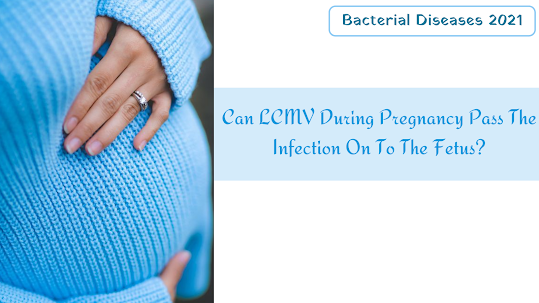LCMV is a Lymphocyticchoriomeningitis virus that's carried by rodents and may be passed to humans. Infected rodents shed the virus in their feces, urine, milk, saliva, semen, and nasal secretions. Contact with eutherian body fluids through broken skin, eyes, nose, accidental bodily process, or preemptively, by the bite of Associate in Nursing infected eutherian, will cause Associate in Nursing LCMV infection.
Miscarriage will occur
in any physiological condition. Having Associate in Nursing LCMV infection
throughout physiological condition will increase the prospect for miscarriage,
though the precise likelihood for a miscarriage isn't clear. the prospect of
physiological condition loss is higher with LCMV infections within the
trimester than with infections later in physiological condition.
Every physiological
condition starts out with a 3-5% likelihood of getting a defect. this can be
referred to as the background risk. If someone gets LCMV throughout physiological
condition, the virus will pass to the developing baby. this can be referred to
as innate LCMV.
The most common
well-known birth defects from noninheritable LCMV ar fluid within the brain
(hydrocephalus), little head size (microencephaly), a locality of the brain
(cerebellum) that's not fully developed or is smaller than it ought to be
(cerebellar hypoplasia), eye issues which will cause vision loss
(chorioretinitis), and effects on brain development starting from delicate
learning disabilities to a lot of severe organic process incapacity. it's not
well-known however possible it's that associate LCMV infection in gestation can
pass to the baby, or what the prospect of birth defects is that if that
happens. this can be as a result of several cases of LCMV go unobserved (since
the symptoms ar just like the flu), and healthy individuals aren't habitually
tested for LCMV. it's not well-known what number individuals have had LCMV
throughout gestation and still had healthy babies.

Comments
Post a Comment